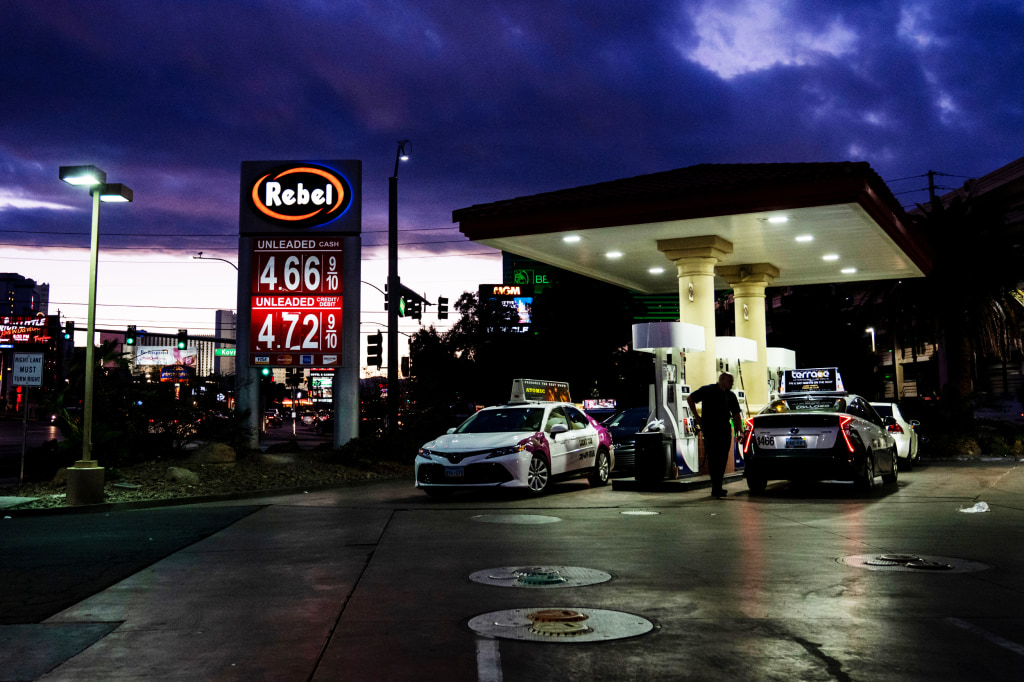Insurance Coverage for Gas Stations Selling Alcohol: What You Need to Know

Selling alcohol at a gas station adds a valuable revenue stream, but it also introduces added risks. Gas station owners who sell beer, wine, or liquor need specialized insurance policies that address the unique combination of fueling services, convenience retail, and alcohol sales. In this article, we’ll explore why insurance coverage for gas stations selling alcohol is essential, what types of coverage are most important, and how to protect your business from costly claims and liabilities.
Why Insurance Is Crucial for Gas Stations That Sell Alcohol
Gas stations are already high-risk businesses due to the flammable nature of fuel, potential for theft, and frequent customer traffic. Adding alcohol sales increases exposure to additional legal and financial risks. Whether you’re offering packaged beer and wine or have an on-site lounge or bar, selling alcohol can lead to:
Liquor liability lawsuits
Increased theft or vandalism
Underage sales accusations
Accidents linked to intoxicated patrons
Complex regulatory requirements
Without proper insurance, one incident could financially cripple your business. That’s why customized fuel station insurance that includes coverage for alcohol-related incidents is critical.
Core Components of Insurance Coverage for Gas Stations Selling Alcohol
To ensure full protection, your policy should include several key types of insurance, each addressing different facets of the business:
1. Liquor Liability Insurance
This is the most important addition for any retail business selling alcohol. Liquor liability insurance protects your gas station if a customer you served or sold alcohol to causes injury or property damage after becoming intoxicated. Even if you comply with all state and federal regulations, you can still be held liable in civil court.
For example, if a customer buys beer from your convenience store and later causes a drunk driving accident, the victim may pursue damages from your business. This insurance helps cover legal defense costs, settlements, and judgments.
2. General Liability Insurance
Every business, especially those with high foot traffic like gas stations, needs a strong general liability policy. This covers third-party injuries, such as slip and fall accidents, and property damage that occurs on your premises. For stations selling alcohol, the risk of altercations or accidents increases, making this coverage even more vital.
3. Commercial Property Insurance
Your business location—whether you own or lease it—houses valuable assets like fuel pumps, refrigeration units, security systems, and alcohol inventory. Commercial property insurance protects these assets against fire, theft, vandalism, storm damage, and other covered perils. Given the flammability of both fuel and alcohol, the potential for damage is higher than in many other retail settings.
4. Business Interruption Insurance
If your gas station is forced to temporarily close due to a covered event like a fire or natural disaster, business interruption insurance helps replace lost income. For locations dependent on alcohol and fuel sales, even a few days of downtime can be financially devastating.
5. Workers’ Compensation Insurance
Selling alcohol at a gas station usually requires extended hours and additional staff. Protecting your employees is not only legally required in most states, but also ethically essential. Workers’ comp provides coverage for medical bills and lost wages if an employee is injured on the job.
6. Cyber Liability Insurance
Many gas stations now operate with point-of-sale systems that collect sensitive customer data. If your system is hacked or breached, cyber liability insurance can help cover the cost of customer notification, data recovery, legal defense, and potential fines.
Additional Considerations for Alcohol Sales at Gas Stations
In many states, gas stations selling alcohol must comply with strict licensing requirements. Insurance providers often ask for proof of compliance before issuing or renewing a liquor liability policy. Make sure your business:
Has a valid alcohol sales license
Trains staff on responsible alcohol service
Follows age verification procedures
Avoids on-site consumption (unless licensed and insured for it)
Documented staff training and store policies can also help reduce your premiums and strengthen your defense if a claim arises.
Choosing the Right Insurance Provider
Not all insurance companies understand the complexities of operating a gas station that also sells alcohol. It’s important to work with a provider that specializes in retail business insurance and has experience with fuel station coverage. They can help you identify coverage gaps, tailor your policy to your specific risks, and provide expert claims support when needed.
Ask potential insurers:
Do you offer liquor liability bundled with fuel station insurance?
What exclusions are in the policy related to alcohol sales?
Are legal fees and defense costs included?
Can you offer coverage across multiple locations?
Final Thoughts
Operating a gas station that sells alcohol can be profitable, but it demands strategic risk management. The right insurance coverage for gas stations selling alcohol should provide layered protection—from general liability to liquor-specific risks—while keeping you compliant with industry regulations.
Don’t wait until a costly incident exposes your business. Review your current policies, identify any gaps, and work with an experienced commercial insurance provider to safeguard your operations. With comprehensive protection in place, you can focus on growth with confidence.
